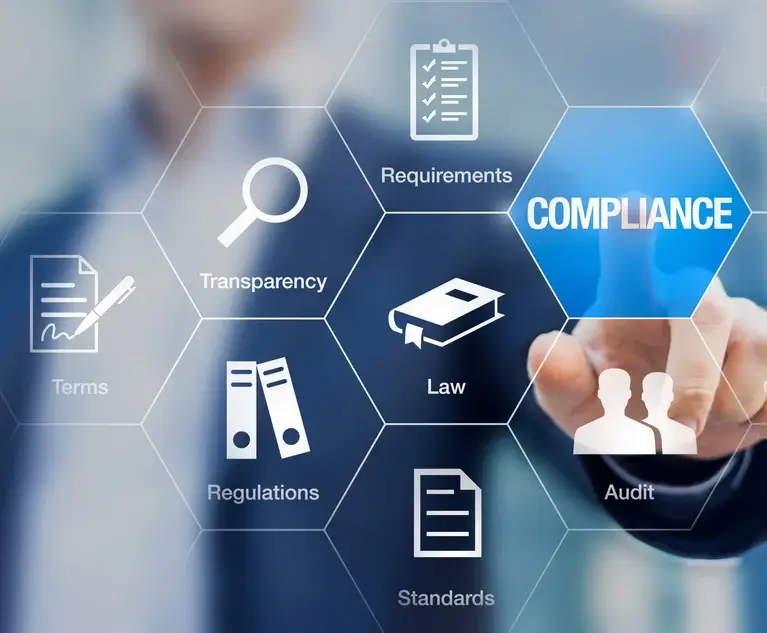Tax-Saving Strategies for Entrepreneurs: How to Keep More of What You Earn
As an entrepreneur, tax planning isn’t just about compliance—it’s a powerful tool for maximizing profits and ensuring your hard-earned money stays in your business. Tax-saving strategies for entrepreneurs offer unique opportunities to structure finances in ways that significantly reduce tax burdens. In this blog, we’ll dive into tax-saving strategies for entrepreneurs that can help you keep more of what you earn while staying compliant with tax laws.
Maximize Business Deductions
One of the greatest advantages of being an entrepreneur is the ability to deduct many business-related expenses, which can significantly lower your taxable income. Every dollar you deduct directly reduces your taxable income, so it’s essential to take advantage of all the deductions available to you.
Home Office Deduction
If you run your business from home, the IRS allows you to deduct expenses related to maintaining a home office. This deduction is calculated based on the percentage of your home used exclusively for business. Deductible expenses include rent, utilities, and even a portion of your internet bill. For example, if your home office takes up 10% of your house’s square footage, you can deduct 10% of your household expenses as business-related.
Additionally, the IRS offers a simplified option for home office deductions, where you can deduct $5 per square foot of your home used for business, up to 300 square feet. While this method might save time, the actual-expenses method often results in higher deductions, especially if you have significant household expenses.
Business Travel and Vehicle Expenses
If your work involves traveling, you can deduct business-related travel expenses like airfare, hotels, meals, and mileage if you use a vehicle for business. For instance, if you attend an out-of-state conference to network and expand your business, you can deduct the cost of your flight, hotel, meals, and transportation while attending the event.
Moreover, if you use your personal vehicle for business purposes, you can either deduct actual vehicle expenses (such as gas, repairs, and insurance) or use the IRS standard mileage rate, which for 2023 is 65.5 cents per mile driven for business purposes. Diligent tracking of these expenses can lead to substantial savings over time, especially if you’re often on the road.
Office Supplies and Equipment
Office expenses such as computers, software, office furniture, and other supplies are deductible as long as they are used for business purposes. A common mistake entrepreneurs make is forgetting to deduct one-time, high-cost purchases like a new computer or office furniture. Under Section 179, you can deduct the full cost of certain business assets in the year they’re purchased, as long as they meet specific criteria. This immediate expensing option is one of the most valuable tax-saving strategies for entrepreneurs when investing in new equipment to scale your business.
Take Advantage of Retirement Contributions
As a business owner, you have access to retirement savings plans that are designed for self-employed individuals. These plans allow you to save for your future while simultaneously reducing your taxable income. Tax-saving strategies for entrepreneurs should always include leveraging retirement savings options to secure long-term financial growth.
SEP IRA
A Simplified Employee Pension (SEP) IRA allows business owners to make tax-deductible contributions to their retirement accounts. You can contribute up to 25% of your net earnings or $66,000 (for 2023), whichever is lower. SEP IRAs are easy to set up and offer high contribution limits, making them an attractive option for entrepreneurs looking to reduce taxable income while saving for retirement.
Solo 401(k)
If your business doesn’t have any employees (except possibly a spouse), a Solo 401(k) is an excellent option. It offers high contribution limits and allows you to make both employer and employee contributions. You can contribute up to $22,500 in employee deferrals for 2023 (plus an additional $7,500 if you’re over 50). As the employer, you can also contribute up to 25% of your compensation, significantly boosting your retirement savings. The combination of employer and employee contributions provides a flexible and tax-efficient way to save for your future.
Additionally, Solo 401(k) plans can include a Roth option, allowing for tax-free withdrawals in retirement, providing even more flexibility in your long-term tax planning.
Leverage the Qualified Business Income Deduction (QBI)
The Qualified Business Income (QBI) Deduction is one of the most impactful tax-saving strategies for entrepreneurs. It allows eligible businesses, including sole proprietors, S-corporations, partnerships, and LLCs, to deduct up to 20% of their qualified business income. This deduction can significantly lower taxable income for pass-through entities, where business income passes through to the individual owner’s tax return.
Eligibility and Limitations
The QBI deduction is subject to various limits based on income and business type. For instance, for 2023, the deduction phases out for service businesses like law, consulting, and healthcare if taxable income exceeds $182,100 for single filers or $364,200 for joint filers. Entrepreneurs in high-income brackets should work closely with a tax professional to determine whether they qualify for the deduction and to explore strategies to lower taxable income, ensuring eligibility for this substantial tax break.
Keep Personal and Business Finances Separate
One of the most critical aspects of managing your business taxes is keeping your personal and business finances separate. Blurring the line between personal and business expenses can lead to missed deductions, accounting errors, and even IRS audits.
Maintain Separate Accounts
Open a dedicated business checking account and credit card to manage all business-related transactions. This makes it easier to track deductible expenses, separate your income streams, and accurately file your taxes.
Use Accounting Software
Consider using bookkeeping tools like QuickBooks, Xero, or FreshBooks. These platforms simplify the process of tracking income, expenses, and receipts, and can provide real-time insights into your business’s financial health. More importantly, they create a solid audit trail, ensuring that all business transactions are well-documented.
Hire a Tax Professional
Tax regulations for entrepreneurs can be complex, and staying updated on deductions, credits, and changes to tax law can be challenging. Hiring a tax professional ensures you stay compliant with the IRS while maximizing your deductions.
Proactive Tax Planning
A tax professional can provide ongoing advice throughout the year, helping you make strategic decisions in real-time rather than scrambling at year-end. For example, they can advise on whether you should invest in new equipment, adjust your retirement contributions, or take a tax-efficient salary from your business.
Identifying Additional Tax Credits
Many small business owners miss out on valuable tax credits. A tax professional can help identify lesser-known credits, such as the R&D tax credit, the Work Opportunity Tax Credit (WOTC), or state-specific incentives that might apply to your business. These credits directly reduce your tax liability, often resulting in significant savings.
Conclusion
Proactive tax planning and the right tax-saving strategies for entrepreneurs are powerful tools for increasing profitability and protecting your business’s financial health. By maximizing deductions, leveraging retirement accounts, utilizing the QBI deduction, and maintaining clear financial records, you can significantly reduce your tax burden. However, navigating the complexities of tax regulations can be challenging without the right guidance. At The Accounting Doctor, we specialize in helping entrepreneurs develop personalized tax strategies that minimize liabilities and optimize savings. Whether you’re looking to maximize deductions or streamline your financial planning, we’re here to support your business growth. Don’t hesitate to contact us for expert tax advice and proactive financial solutions. Your financial well-being is our top priority!
Latest Articles
February 18, 2025
February 18, 2025
February 18, 2025





